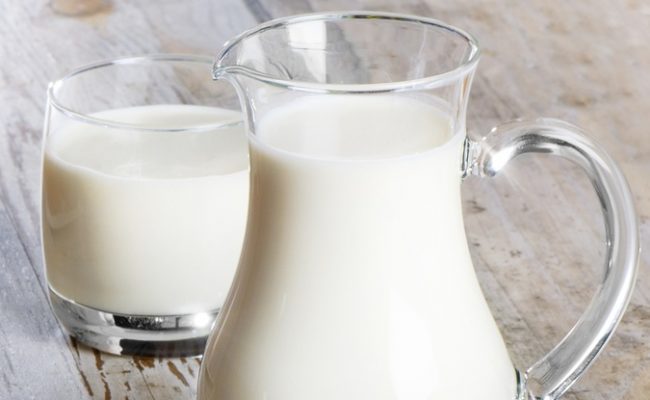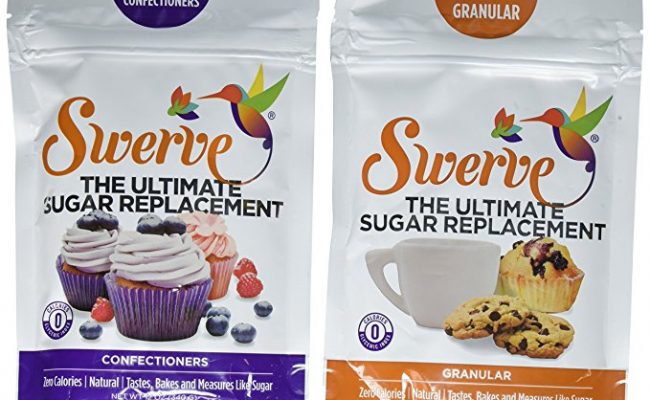
Lactose intolerance is a commonly diagnosed condition, with an estimated 30 to 50 million American adults suffering from some degree of intolerance. While many people claim they have become lactose intolerant ‘overnight’, this is relatively uncommon. Lactose intolerance is more likely to develop over time with age, although in the case of intestinal injury or illness, there may be a sudden onset of intolerance.
What is lactose?
Lactose is a natural form of sugar that exists in dairy products such as milk. It is present in lower levels in products such as cheese and yogurt, as processing generally removes some of the lactose.
What do we mean by lactose intolerance?
Lactose intolerance is caused when the body stops making an enzyme ‘lactase’, or makes this enzyme in smaller amounts. Lactase is responsible for breaking down lactose in the small bowel, so that the smaller sugar molecules can be absorbed by the body.
If we do not make enough lactase enzymes, lactose sugar stays in the gut and is fermented by bacteria causing a variety of uncomfortable symptoms.
The lactase enzyme is produced in the largest quantities at birth, allowing babies to digest breast milk successfully. As we age, we generally produce less of the enzyme, as our diet becomes more varied and less reliant on milk products.
This means that by the time we reach adulthood, even if we have been drinking milk all our lives, we may develop symptoms of lactose intolerance. About 30 million American adults show some signs of lactose intolerance by the age of 20. There is also a higher prevalence of lactose intolerance in those of Asian, African or Native American heritage.
Although many people develop lactose intolerance as they get older due to reduced lactase production, it may also develop after bowel surgery, small intestine infections such as viruses, bacteria and parasites and also intestinal diseases such as Celiac disease or Crohns.
What are the symptoms?
Symptoms vary in severity from person to person, depending on the amount of lactase enzyme an individual is producing. Common signs of lactose intolerance include: abdominal bloating, cramps, diarrhoea, gas and nausea.
These symptoms usually occur between thirty minutes and two hours after consumption of milk products, with larger amounts causing worse symptoms.
Is it possible to become lactose intolerance suddenly?
Whilst it is unusual to develop lactose intolerance overnight, certain conditions may cause the condition to develop unexpectedly. Usually however the process is gradual, and in general if you develop symptoms of lactose intolerance suddenly, there is another cause.
As lactose intolerance shares many of the same symptoms as other intestinal conditions, some of which can be more serious, it is important to get an accurate diagnosis by a medical profession, rather than simply eliminating lactose.
Studies have shown that lactose intolerance is one of the most over-reported health conditions, and that many people who believe they have lactose intolerance, in fact do not obtain positive results when tested using a breath hydrogen test, which is a reliable test for the condition.
It has also been suggested by research that symptoms thought to be related to lactose ingestion are often not related to the consumption of lactose containing products, and therefore likely to be due to another cause.
There are three main types of lactose intolerance:
- Primary lactose intolerance: This is simply the result of reduced lactase enzyme production as you age, and often leads to gradual onset of symptoms. Although it may be a gradual process, this type of lactose intolerance often appears as if it has suddenly started as people may ignore symptoms or not associate them with milk, until they progress to the stage where they are more obvious.
- Secondary lactose intolerance: This type of intolerance is more likely to appear suddenly, and is due to illness or injury of the small intestine. Celiac disease, inflammatory bowel diseases, intestinal surgery or even a severe stomach upset may cause the intolerance. The good news however, is that over time, with the treatment of the underlying condition, this type of lactose intolerance can usually be reversed.
- Congenital lactose intolerance: This type of intolerance is rare, but dos occasionally happen when babies are born without functional lactase, and thus cannot digest lactose from the moment they are born.
What are the treatments for lactose intolerance?
Symptoms of lactose intolerance can usually be treated effectively by following a lactose free diet. This involves avoiding products high in lactose, such as milk, and replacing it with a lactose free alternative such as soy or lactose free milk. Many individuals find that they can tolerate products such as cheese, yoghurt and butter milk, where a large amount of the lactose is removed in processing.
There is also the option of drugs such as Lactaid, which are taken with lactose containing foods and provide the enzymatic action to break down this sugar.
Although there are some situations in which lactose intolerance can develop overnight, if you experience symptoms such as diarrhoea, nausea, or gas suddenly, it is important to determine the cause by seeing your doctor.
References used in this article











Nicole Alfaro says
Hi my name is Nicole and im 14.Well I really love milk .I used to drink a tall glass of milk everyday and eat oatmeal with milk everyday for breakfast instead of water all of a sudden I noticed that last week I started to get stomach cramps,diarrhea,gasy,and bloated from the milk after 15 minutes and the stomach cramps would even keep going on and off after 2 hours and it sucks cuz it puts me thru pain in class and I have sit there and act normal.So I figured I should record my results to see if im lactose intolerant even tho no one in my family is lactose and i heard mainly asians and africans are lactose but im Mexican so after drinking a glass a milk today and 9 minutes later I got cramps and then it stopped and cramps came back again 3 hours later.And the other day I didn’t eat dairy at all and I didn’t have stomach cramps or diarrhea.
RandomPerson says
For 26 years and two months I’ve been able to enjoy milk. I enjoyed mixing it with my protein shakes and stuff or just drinking a glass whenever. Now 26 and 5 months and I’m sitting here on the toilet (sorry) at 1AM with crazy stomach problems thanks to a glass I had about two hours ago. This is so annoying. I can happily eat ice cream, yoghurt, even milk in cereal has no effect on me. But those glasses of milk seem to just turn my stomach inside out! I just don’t get it! So annoying!
Anastasia Kopa says
Hi my name is Anastasia, I’, now 20 years old, for a while now I’ve noticed that I could be Lactose Intolerant because I was suffering with diarrhea for a whole month where the pain would be okay sometimes but then become so bad that I feel as if I’m about to throw up, one day I didn’t eat no dairy products and I felt better, so latter that night I had some ice cream but not even a full mouth full and I started to feel sick with cramps and extremely bad wind, then I went to the toilet and my diarrhea had come back quite badly, to the point where I nearly threw up again!! This has been happening for a while now but I was scared to get checked for anything as Cronh’s Disease does run in my family but there is never blood in my stool which is a big sign, but now I can see that my symptoms are lactose intolerance and that now the pain and worry can finally stop (for now as I can still always develop Cronh’s).
Dani Page says
Thank you for writing this article it is so informative! I’ve had parasite infections this year and now I do a parasite cleanse every three months because of it. This is when my symptoms began after I eat dairy. It felt as though these extreme symptoms started overnight. Now I know why. I am going to cut dairy out for a week and see if my symptoms stop. Thank you again for such a wonderful article as I wouldn’t of put the parasite infection as a reason for the lactose intolerance. Oh, and I get parasite infections so easy because I don’t make enough stomach acid to break down my food so my intestines are the perfect storm for parasites to enjoy feeding on all the undigested food in my gut. I’m currently on Betaine HCL with Pepsin to help me break down my food by helping my stomach produce more acid.